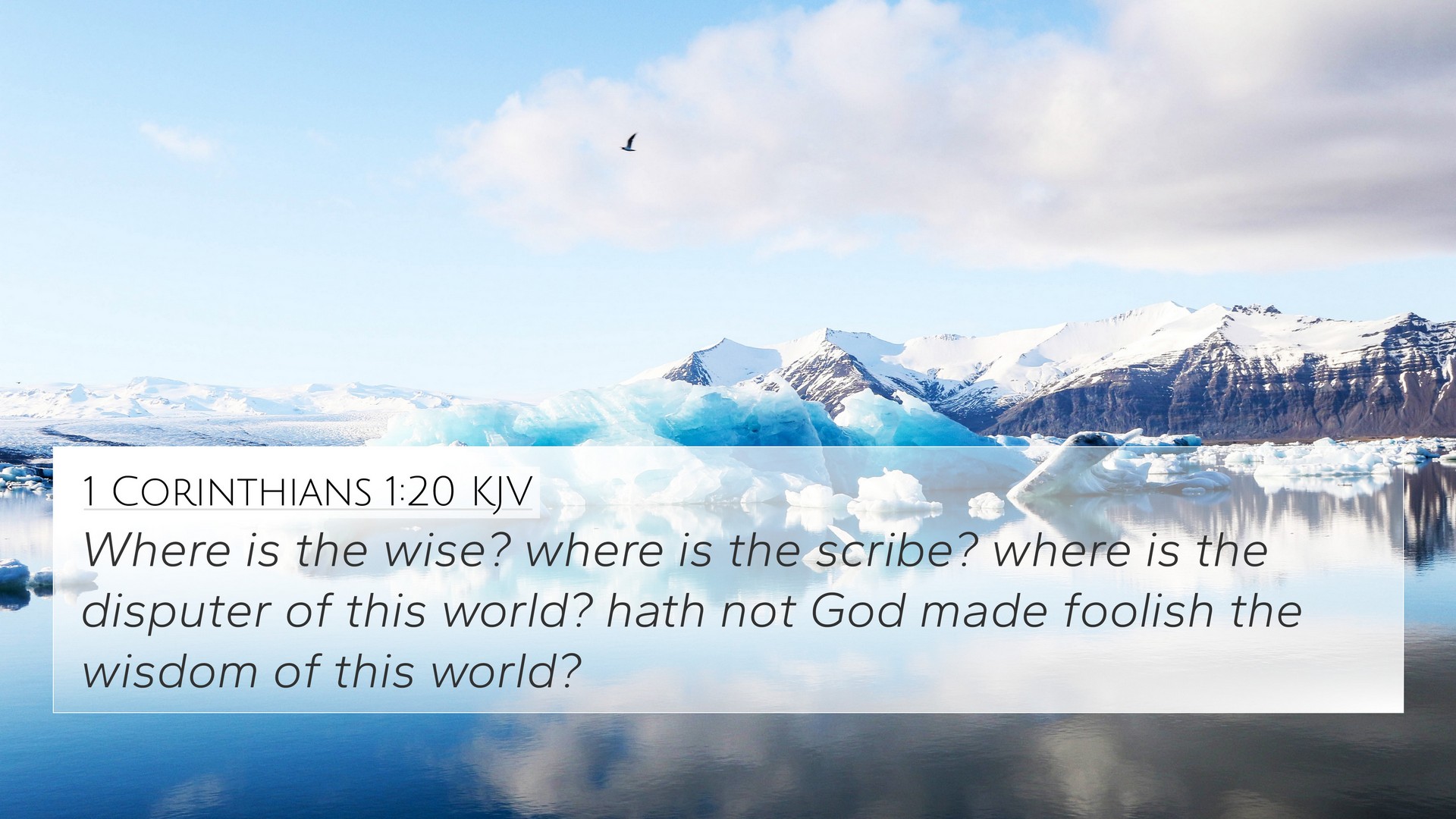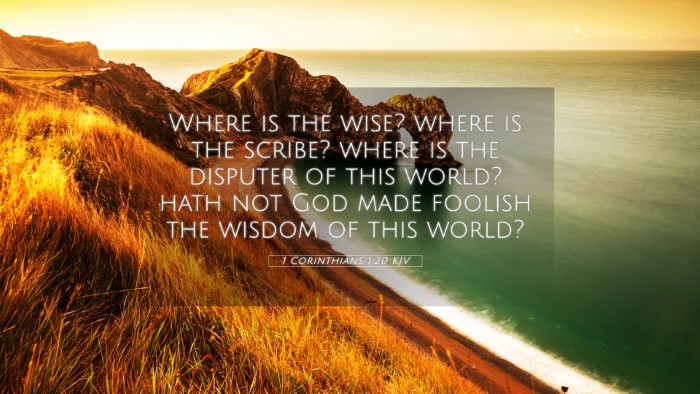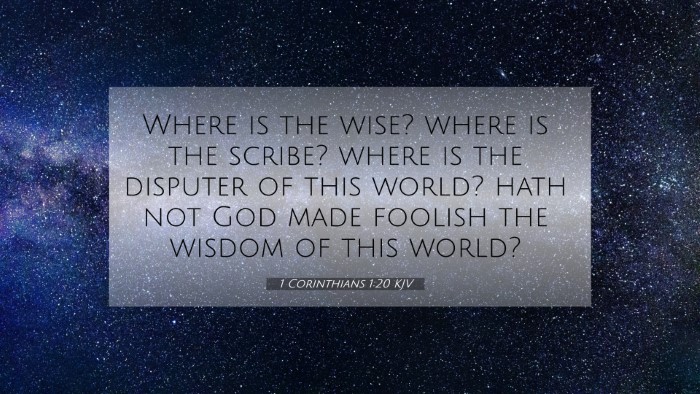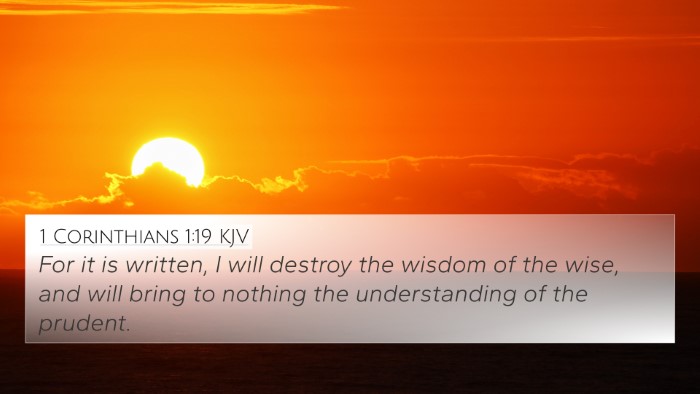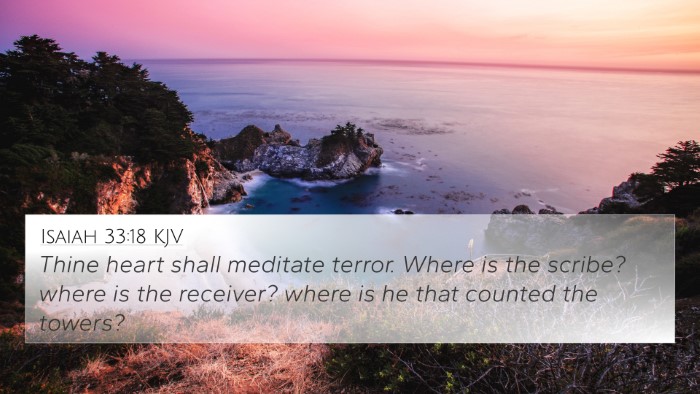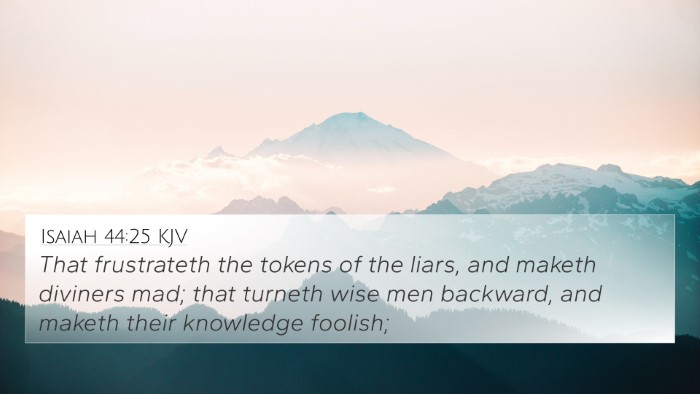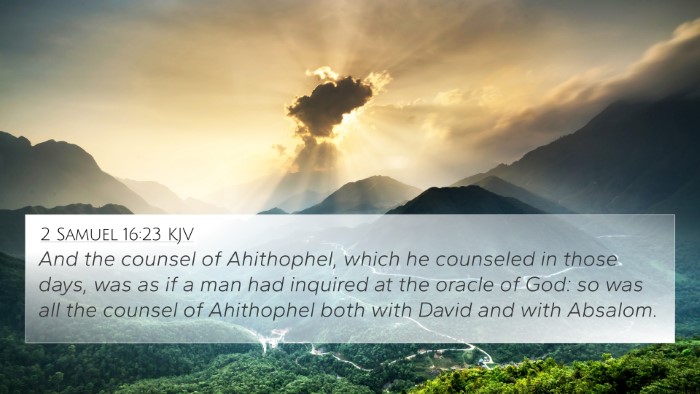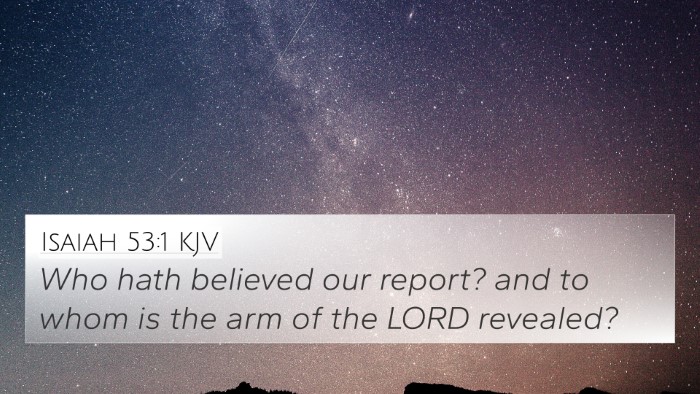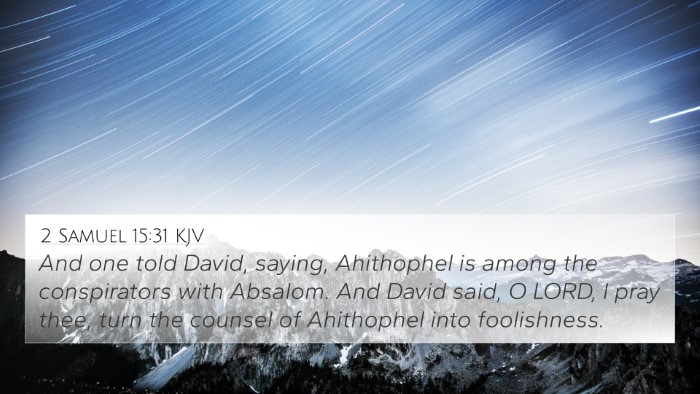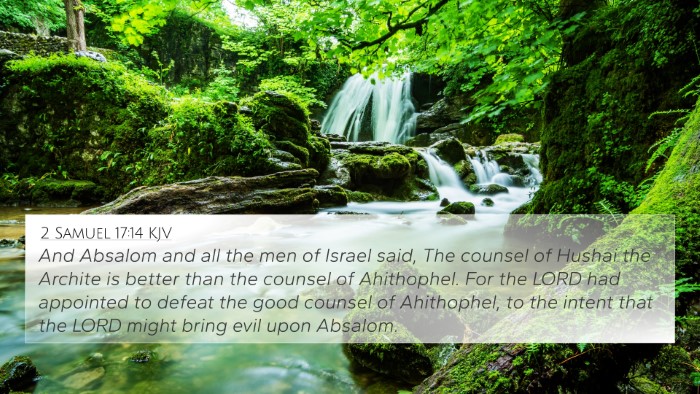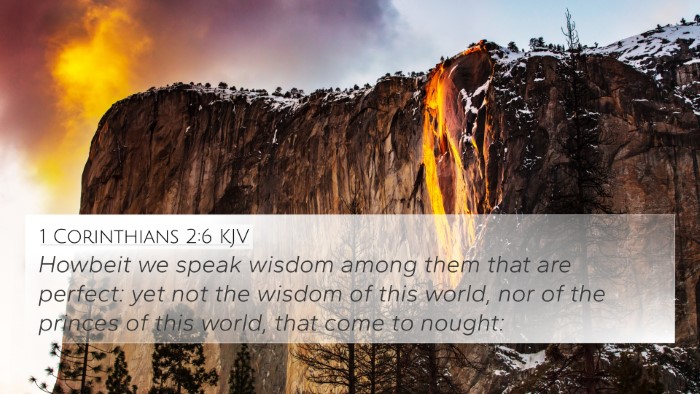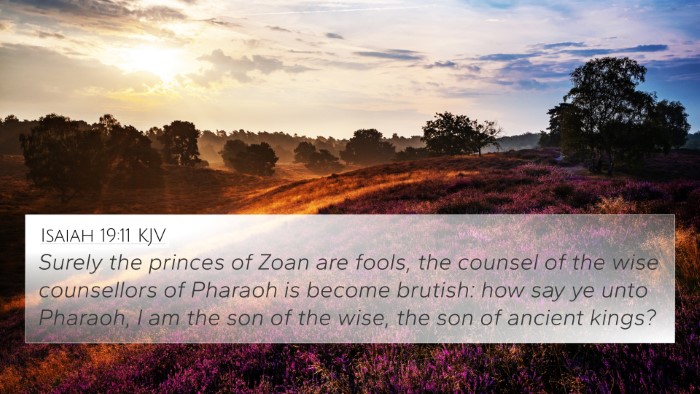Understanding 1 Corinthians 1:20
Verse: "Where is the wise? where is the scribe? where is the disputer of this world? hath not God made foolish the wisdom of this world?" (1 Corinthians 1:20)
Overview of the Verse
This verse is part of Paul's discourse regarding the wisdom of God versus the wisdom of the world. The Apostle Paul challenges the prevailing worldly standards of wisdom and understanding, asserting that what is considered wise by human standards is rendered foolish in the light of divine revelation.
Commentary Insights
This section synthesizes insights from Matthew Henry, Albert Barnes, and Adam Clarke:
- Matthew Henry: This verse draws attention to a profound truth; those who consider themselves wise or knowledgeable often find themselves lost when compared to divine wisdom. Henry emphasizes that worldly wisdom is limited, superficial, and often misguided, indicating that a divine perspective is crucial for true understanding.
- Albert Barnes: Barnes reflects on the rhetorical questions posed by Paul, asserting that these questions highlight the absurdity of relying solely on human wisdom. He states that God has intentionally made the wisdom of this world to appear foolish, showcasing the stark difference between human reasoning and divine knowledge.
- Adam Clarke: Clarke provides a deeper theological reflection, noting that Paul’s inquiry serves to challenge the Corinthians' reliance on eloquent speakers and philosophical arguments prevalent in their culture. He emphasizes that the true wisdom comes from God and is often misapprehended by those who are caught up in the sophistication of worldly intellect.
Key Themes
This verse introduces several critical themes, which are essential for understanding the broader message of the Scriptures:
- The Limitations of Human Wisdom: Paul underscores that human reasoning can never fully grasp the truths of God, highlighting the necessity of divine revelation.
- God’s Sovereignty: The verse illustrates God’s power in turning human logic upside down for His purposes.
- Faith versus Knowledge: It promotes the idea that true faith often transcends what is perceived as knowledge by the world.
Bible Cross-References:
This verse connects to several other scriptural texts that reinforce its themes:
- Job 5:13: “He taketh the wise in their own craftiness.”
- Isaiah 29:14: “The wisdom of their wise men shall perish.”
- Romans 1:22: “Professing themselves to be wise, they became fools.”
- 1 Corinthians 3:19: “For the wisdom of this world is foolishness with God.”
- James 3:15: “This wisdom descendeth not from above, but is earthly, sensual, devilish.”
- Proverbs 3:7: “Be not wise in thine own eyes: fear the Lord, and depart from evil.”
- Ecclesiastes 1:17: “I applied mine heart to know, and to search, and to seek out wisdom and the reason of things.”
Connections with Other Bible Verses
This verse serves as a crucial point for linking various biblical texts, offering a comprehensive understanding of wisdom in the thematic study of Scripture:
- The connections between Old and New Testament explorations of wisdom reveal God’s consistent message about the frailty of human understanding.
- Comparative studies, such as between Gospels, can further reflect on how Jesus exemplifies God's wisdom in contrast to societal norms.
- Cross-referencing Psalms with New Testament teachings enriches our understanding of divine wisdom across history.
How to Utilize Cross-Referencing Tools
For effective Bible study, the integration of cross-referencing tools can enhance your exploration of themes. Here’s how:
- Use a Bible Concordance: Identify keywords in 1 Corinthians 1:20 and locate related verses.
- Bible Cross-Reference Guide: Leverage resources that compile verses by themes to see interconnectedness.
- Cross-reference Bible Study Methods: Apply thematic studies on wisdom, comparing 1 Corinthians with verses like Proverbs or Job.
Conclusion
1 Corinthians 1:20 challenges believers to reconsider their understanding of wisdom. By engaging in comprehensive Bible cross-referencing and studying the thematic connections, one can appreciate the depth of God's truth compared to worldly reasoning. Embracing these insights leads to a fuller grasp of divine wisdom and its paramount importance in the life of a believer.
